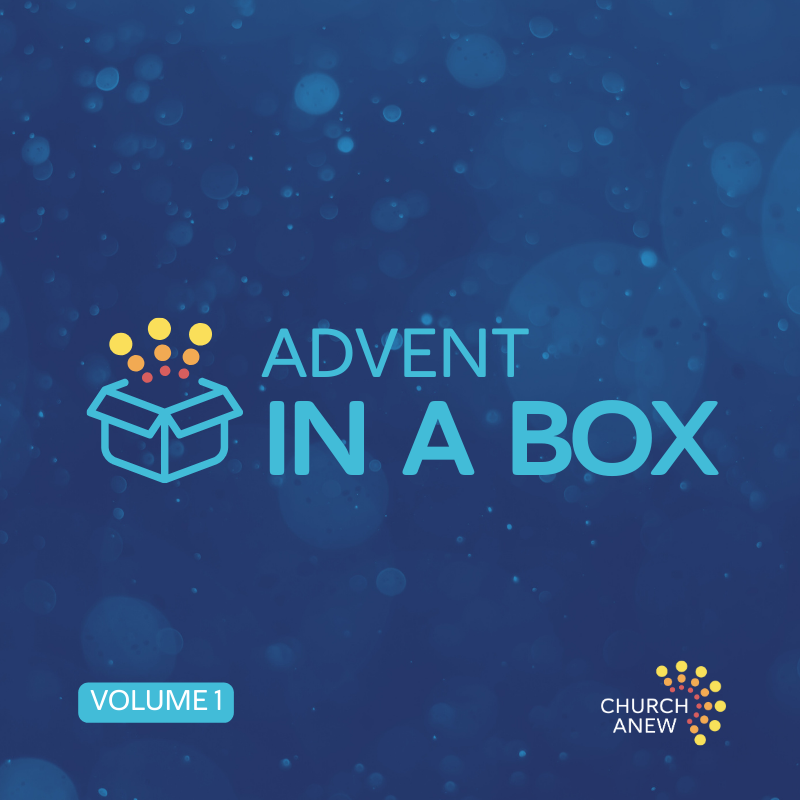Apocalypse Of The Body
Photo by Chris Lawton on Unsplash
Touched the mirror
Broke the surface of the water
Saw my true self
All illusions shattered
Money's only paper only ink
We'll destroy ourselves if we can't agree
How the world turns
Who made the sun
Who owns the sea
The world we know will fall piece by piece…
By Tracy Chapman
Fall is beginning to wane in my part of the world. The leaves have all changed, fallen from the trees, and begun to drift in the gutters and along the boulevard. I look out my office window and the branches of our Norway maple look stark and bare, naked under a gray sky. Recently, during an exercise at work, my colleague Thia explained the startling science of how leaves change color in the fall. She described that it's not actually that they change from green to red or orange or yellow. Rather, their autumnal color was there all along, hidden under the green chlorophyll. When fall occurs and the leaves begin to lose this nutrient, as they near a kind of death, their true colors are revealed underneath. What was hidden all along is now breathtakingly visible for the world to see. The world we know falls piece by piece.
Theologians have a word for this kind of revealing, when something stark and dire and even painful occurs and reveals a deeper truth, something hidden in plain sight; it is called apocalypse. The word apocalypse includes the meaning “unveiling” or “disclosing”. An apocalyptic event or vision, therefore, reveals things as they really are. Sometimes we hear this word used to describe political or world events, wars, natural disasters, and tragedies. It is important to notice that these things impact whole groups and communities of people, sometimes the whole world. The scope of an apocalypse is most often collective or communal.
At the same time, these collective moments of apocalypse can unveil truths hidden in our individual lives, in our personal stories, and in our bodies. One of my favorite singer-songwriters, Tracy Chapman, is having a moment right now, and I’ve found myself returning to her songs with new eyes. I love the piece, quoted at the outset for the ways it brings together apocalypse and bodies and money. Apocalypse can be the moment when illusions, like the great songwriter describes, are shattered, when we see our true selves.
Recently a pastor asked me why as a fundraiser and lay theologian, whose work is ostensibly about money and philanthropy, why I spend so much time talking about bodies? How are the two interconnected? How does asking questions about how we value our bodies relate at all to budgets?
When talking about stewardship, we often talk about the three T’s: time, talent and treasure. Pastors and theologians and folks like me who work at the intersection of faith and money use these three T’s to invite people to tangibly offer what often feels intangible, to give people a way to put their faith into action for the common good – for the repair of the world.
What concerns me many days are what falls in between the T’s. These things – time, talent, and treasure – have a lot to do with bodies, but they are not the sum total of us. When we are healed and whole, our bodies include these things and all that is in between as well, the things often hidden in plain sight.
And, I am convinced that embodied, fleshy beings that we are, when we’ve encountered an apocalypse that reveals how bodies are commodified, objectified, or not loved in their fullness, as God loves us, that our job as people of faith is to imagine an alternative way to be in the world.
“We’ll destroy ourselves if we can’t agree”, if we can’t imagine that alternative way in the world. Since the first horrific attack in Israel by Hamas, and the subsequent bombing in Gaza by the Israeli military, the siege-like tactics cutting off food and water and aid, my heart like so much of the world has broken again and again.
Yet, if you listen to the rhetoric on all sides of this war, you’ll hear the language of bodies and worth, how many were killed and what constitutes an equal and measured response to that loss of life, what kinds of lives were lost (combatants, innocents, children, adults, the elderly)?
An alternative way asks, how does one assign value to lives and bodies, when each of us is of infinite and incalculable worth in the eyes of God?
In the shattering of lives and bodies and communities, may our lives open to this truth, that each of us, Israelis, Palestinians, Ukrainians, Russians, Americans, black, white, queer, straight, male, female, non-binary, all of us are priceless. When all is stripped away, when each of us sees each other in the fullness of who we are, may we be granted a glimpse of the holy and infinite, unfathomable, value and beauty of the lives we share, and the bodies we inhabit.
Bared myself wholly heart and body unadorned
Stripped down solely
To the evil and the good
Felt no shame
Naked to the world
And all illusions shattered
Money's only paper only ink
We'll destroy ourselves if we can't agree
How the world turns
Who made the sun
Who owns the sea
The world we know will fall piece by piece


